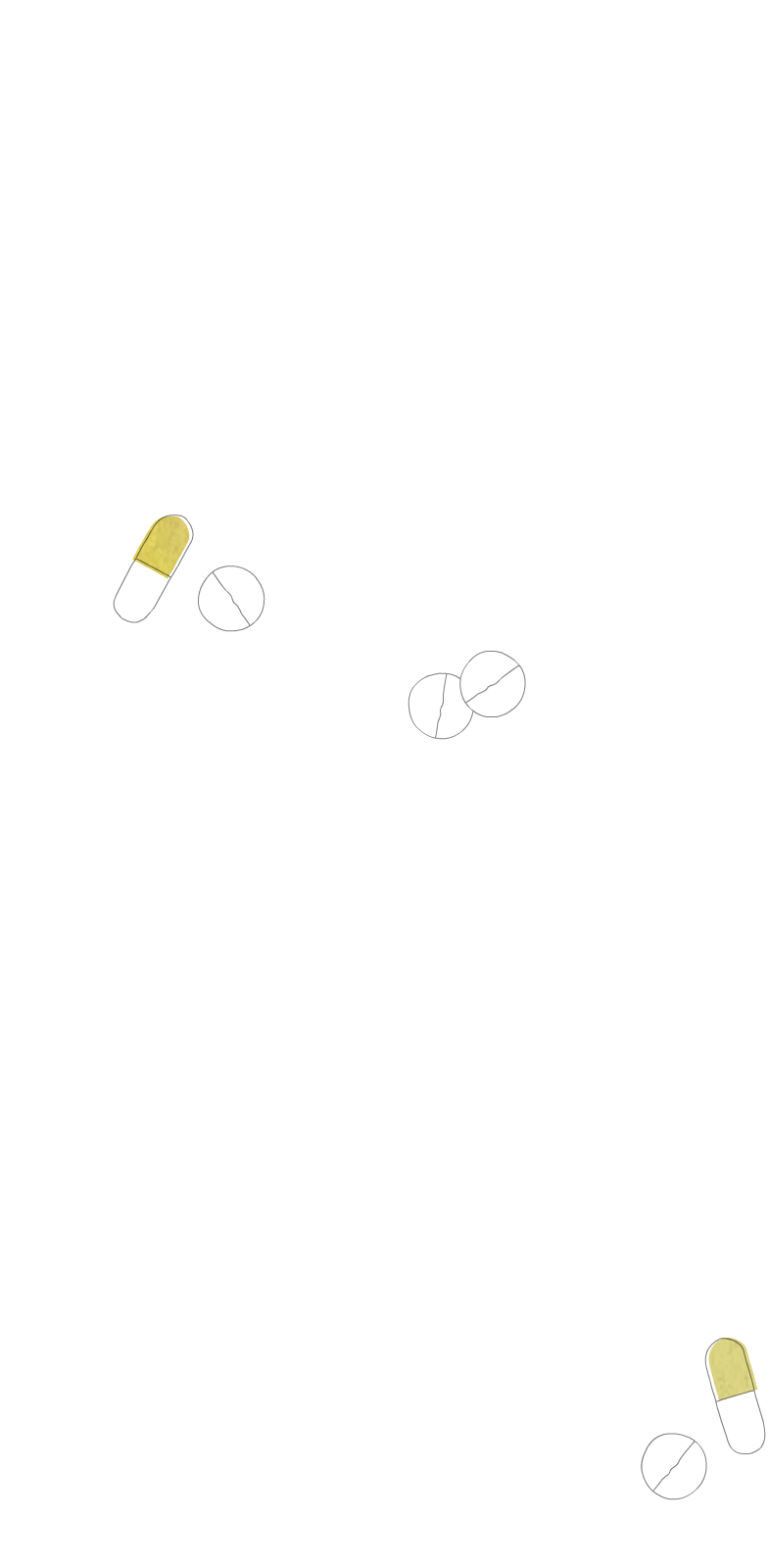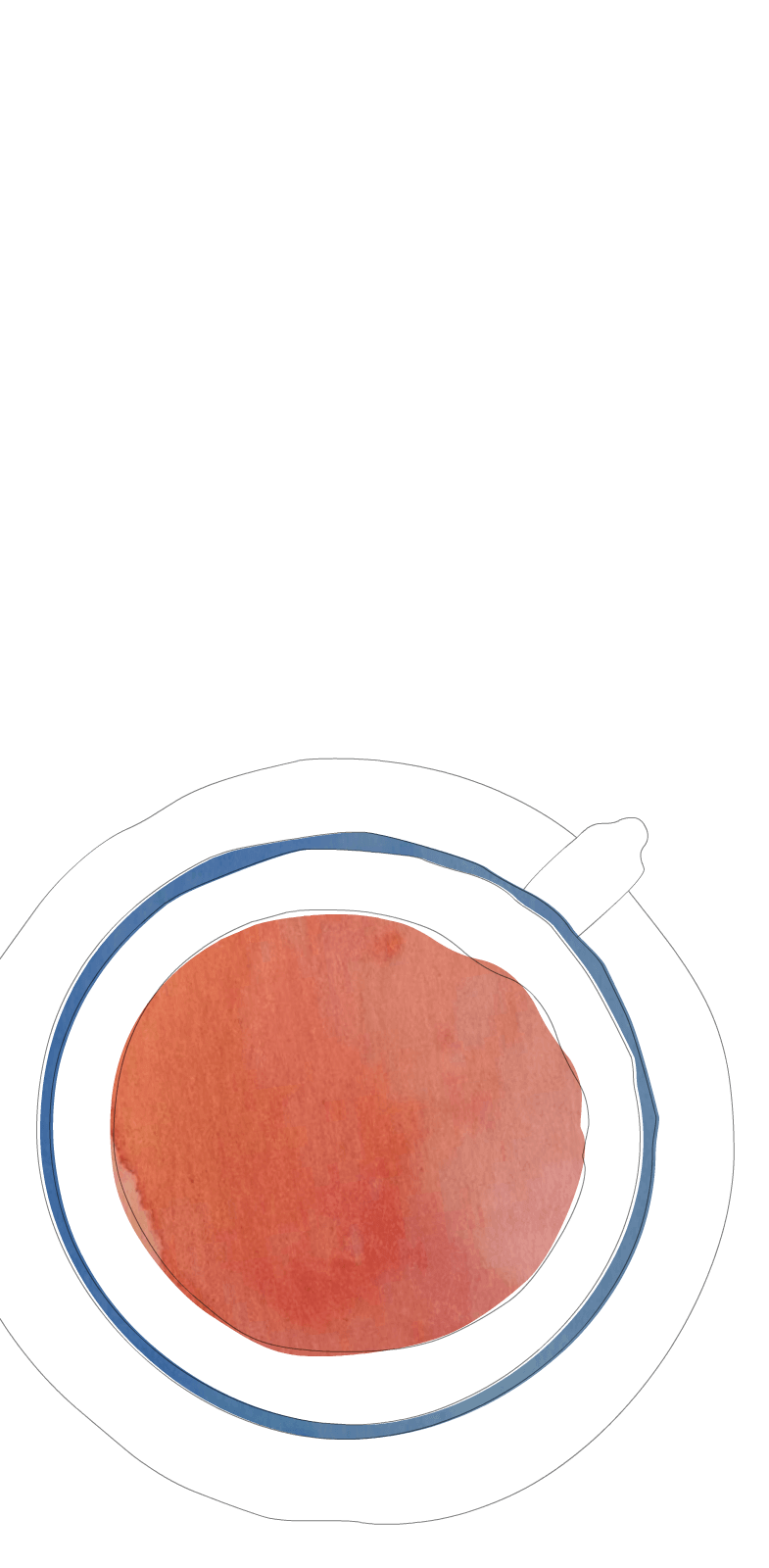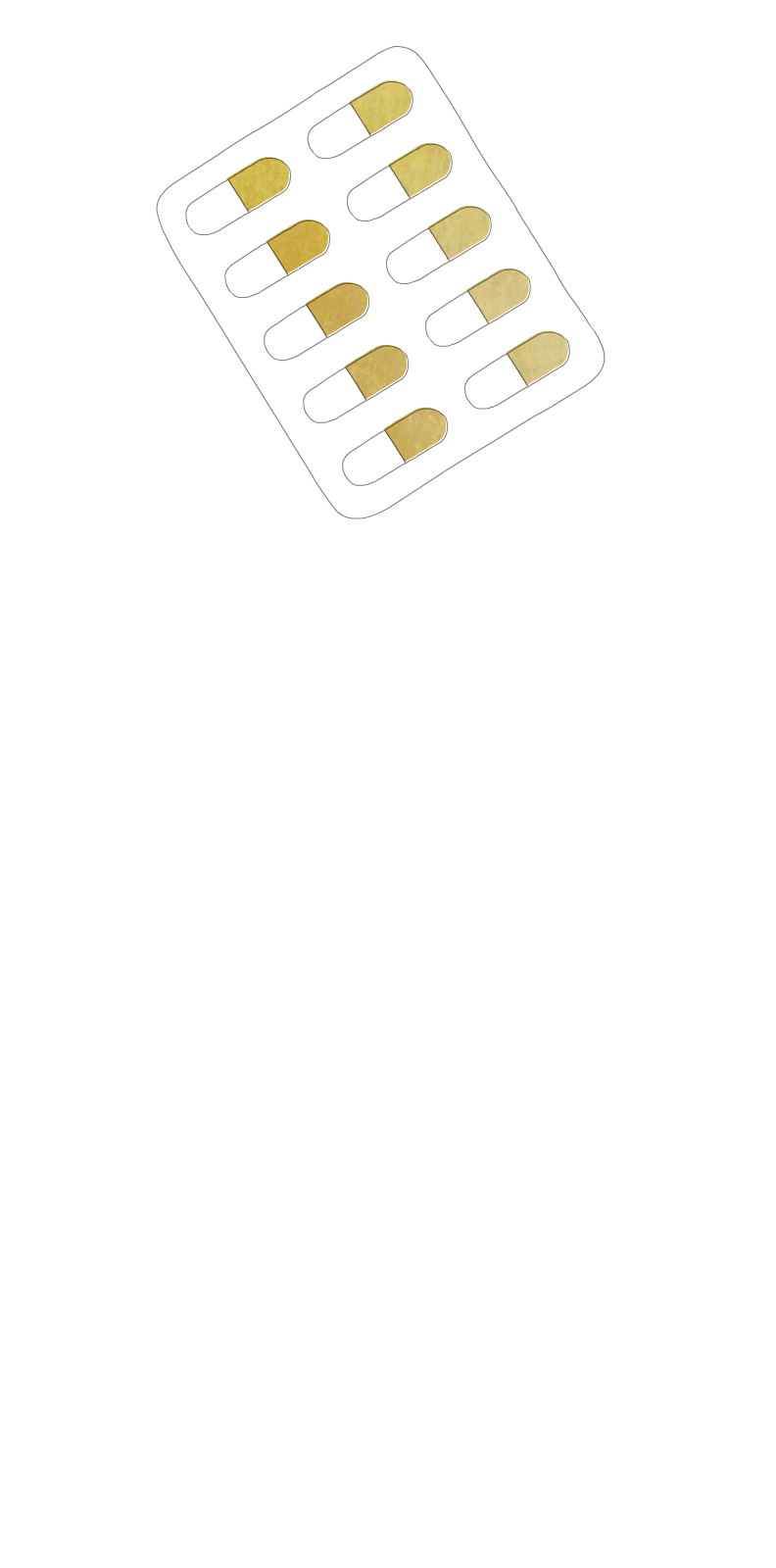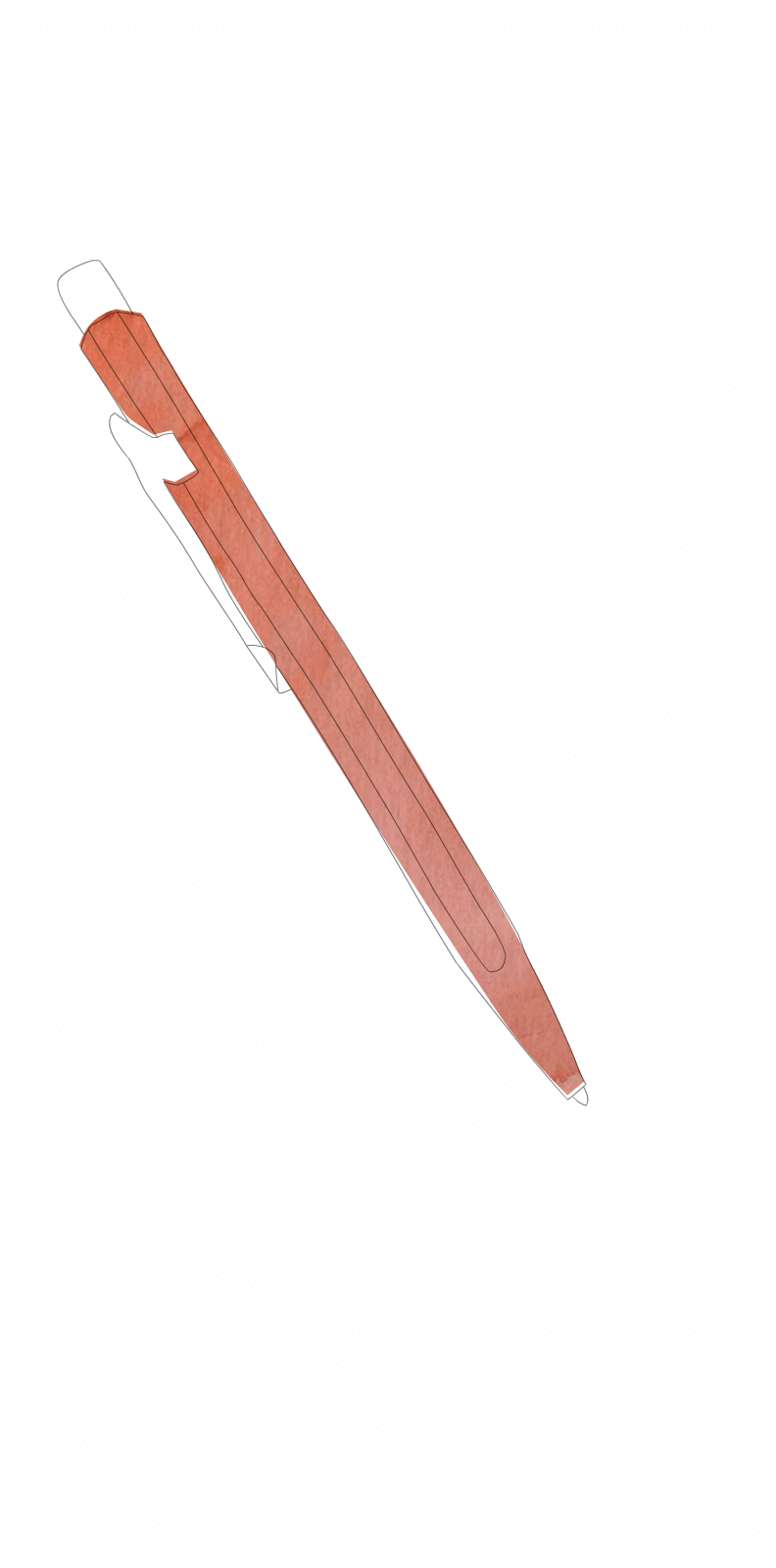Thisisthestoryof
goingtothedoctor,
togetascriptfilled.
While that may sound a little mundane for a whole podcast series - for some, this simple act is far from normal. In this series, we use real stories from drug-users and medical professionals as an opportunity for shared understanding. Our aim is to create better communication and clinical interactions between drug users and medical professionals. To achieve a normal day.
We would love to hear your feedback on 'A Normal Day'.
Click this link to fill out a short questionnaire.







